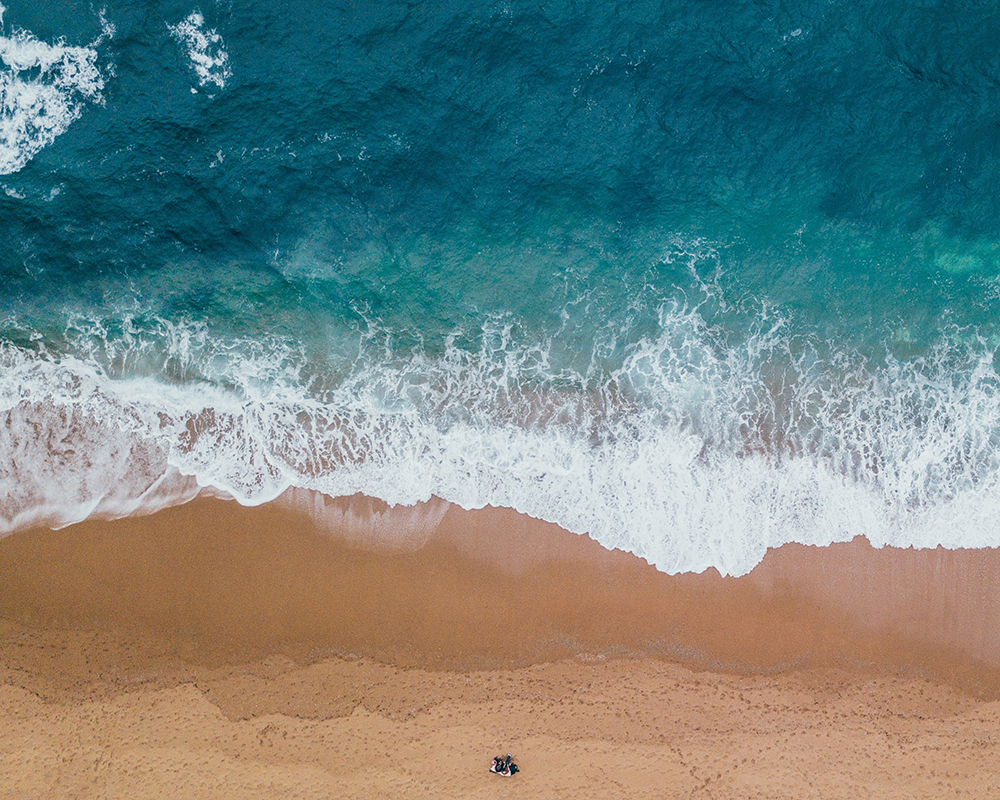Australia’s most populous state has said it recorded just three new cases of the coronavirus the previous day and urged younger people to get tested as it prepares to further loosen restrictions on pubs and restaurants.
Australia’s most populous state has said it recorded just three new cases of the coronavirus the previous day and urged younger people to get tested as it prepares to further loosen restrictions on pubs and restaurants.
New South Wales (NSW), which includes the city of Sydney, is home to nearly half Australia’s roughly 7,100 coronavirus cases and plans to let pubs and restaurants host up to 50 seated patrons from 1 June, 40 more than currently allowed.
That has prompted health officials to remind people to maintain social distancing measures and increase testing to prevent a “second wave” of infections.
“As we move forward and as we try to relax the restrictions that we have lived under for the past two months, it is …absolutely crucial that people come forward for testing if they have the slightest hint of any respiratory issues,” NSW health minister Brad Hazzard said in a televised news conference.
“As we are freeing up our restrictions, particularly around clubs and hotels and so on, we need (to send) a very powerful message … that these young people who may think they are invincible are actually not invincible,” he added.
NSW has recorded a total of 3,086 coronavirus cases and has recorded nearly half the country’s total deaths which rose by one to 102 on Saturday. No. 2 state Victoria, where the latest death occurred, reported nine new infections in the previous day. The third-most populous state, Queensland, reported two new cases.
Australia’s low number of Covid-19 infections and deaths, relative to many other countries, has been attributed mostly to a closure of national and state borders and a nationwide stay-home order now being unwound by states under a three-step federal plan.
Latin America named virus epicenter
Meanwhile, the World Health Organization has declared Latin America “a new epicenter” of the coronavirus pandemic as surges in infections across much of Central and South America continue to drive the global toll higher even as hard-hit nations in Europe, along with the United States.
Covid-19 has killed more than 335,500 people since it surfaced in China late last year, according to an AFP tally, with more than 5.1 million declared cases in 196 countries and territories.
Brazil has become the latest flashpoint this week as its death toll surged past 20,000 – and with 310,000 cases the Latin American giant is now the third most affected country behind the United States and Russia.
“In a sense, South America has become a new epicenter for the disease,” said WHO emergencies director Mike Ryan.
“Clearly there is a concern across many of those countries, but clearly the most affected is Brazil at this point,” he said.
Most of Brazil’s cases are in densely populated Sao Paulo, but the highest rate of infection is in the state of Amazonas, at about 490 people infected per 100,000 population, he said.
Unlike in Europe and the United States, where the elderly were hardest-hit, in Brazil a significant number of deaths are among younger people, who are often driven by poverty to work despite the dangers.
Around 80% of cases of Covid-19 will be a mild to moderate illness, close to 14% have severe disease and around 6% are critical.
Generally, you need to be 15 minutes or more in the vicinity of an infected person and within 2 metres of them, to be considered at-risk, or a close contact.
“Since Brazil has a younger population, it’s normal for the number of cases to be higher among under-60s,” said Mauro Sanchez, an epidemiologist at the University of Brasilia.
Latest coronavirus stories
“What’s perverse is that a lot of the people who are exposing themselves to the virus are doing it because they don’t have a choice,” said Sanchez.
As the toll mounts, grave-diggers at a cemetery outside Sao Paulo were scrambling to keep up.
“We’ve been working 12-hour days, burying them one after the other. It doesn’t stop,” said one worker at Vila Formosa, wearing a white protective suit, mask and face shield.

